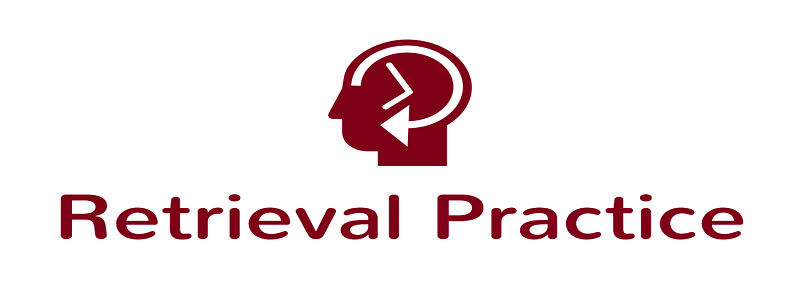
Returning Mini-Lessons, Retrieval Practice, & Critical Thinking
One of our partner school’s English classes are using informational texts right now to conduct classroom debates on transgender troops and North Korean nuclearization. In a lesson modeling arguments to support positions on these issues, a student built an argument that banning transgender troops would weaken the U.S. military by shrinking it. The student had evidence from the New York Times Upfront Magazine on the number of transgender troops currently serving. She didn’t have much in the way of reasoning in her model. So we had all the students perform a quick-write to supply the missing reasoning. We looked at a couple of student samples, using a document camera, comparing their strengths and weaknesses, and ending with a synthesized model of reasoning.
The next day, we created this bell-ringer, for all of this teacher’s classes (even those who worked on a different argument model the day before.
Your issue is: Should the U.S. military allow transgender troops to serve? Your position is affirmative: The U.S. military should allow transgender troops to serve. One of your claims is: A ban on transgender troops would reduce the size of the military and therefore weaken it. Your evidence: “There are currently between 2,000 and 11,000 transgender soldiers in the U.S. military, across the service branches” (New York Times Upfront Magazine, September 18, 2017).
What must your reasoning do to complete this argument. Be specific to this particular argument — do not merely define what reasoning does in an argument in general terms.
[Viable Answer: Reasoning in this argument must try to convince the reader or listener that if the U.S. military loses up to 11,000 soldiers it will be materially weakened. One way that it can try to do that is to say that the military is currently stretched to its limits, having to continue to fight in Afghanistan and Iraq, deter North Korean aggression, fight ISIS around the world, and even respond to natural disasters such as Hurricane Irma and Maria. A loss of thousands of troops would clearly hurt its ability to do one or more of these missions.]
This kind of follow-up checking for understanding of key elements of our instruction, including especially higher-order thinking instruction integral to academic argumentation in the classroom, is called “retrieval practice” when it is extended out into a short lesson. Cognitive scientists, such as Daniel Willingham, have been researching and publishing a lot in the last 5 years or so on the importance of bits and bytes of knowledge being encoded into long-term memory if we want out students to be doing critical, creative, independent thinking. Willingham says
Data from the last thirty years lead to a conclusion that is not scientifically challengeable: thinking well requires knowing facts, and that’s true not simply because you need something to think about. The very processes that teachers care about most — critical thinking processes such as reasoning and problem solving — are intimately intertwined with factual knowledge that is in long-term memory (not just found in the environment).
This is a great counter-argument to those who says that because we can access any fact with a Google search, kids don’t need to memorize facts anymore. How can you make connections and think critically without being able to immediately retrieve factual knowledge?

